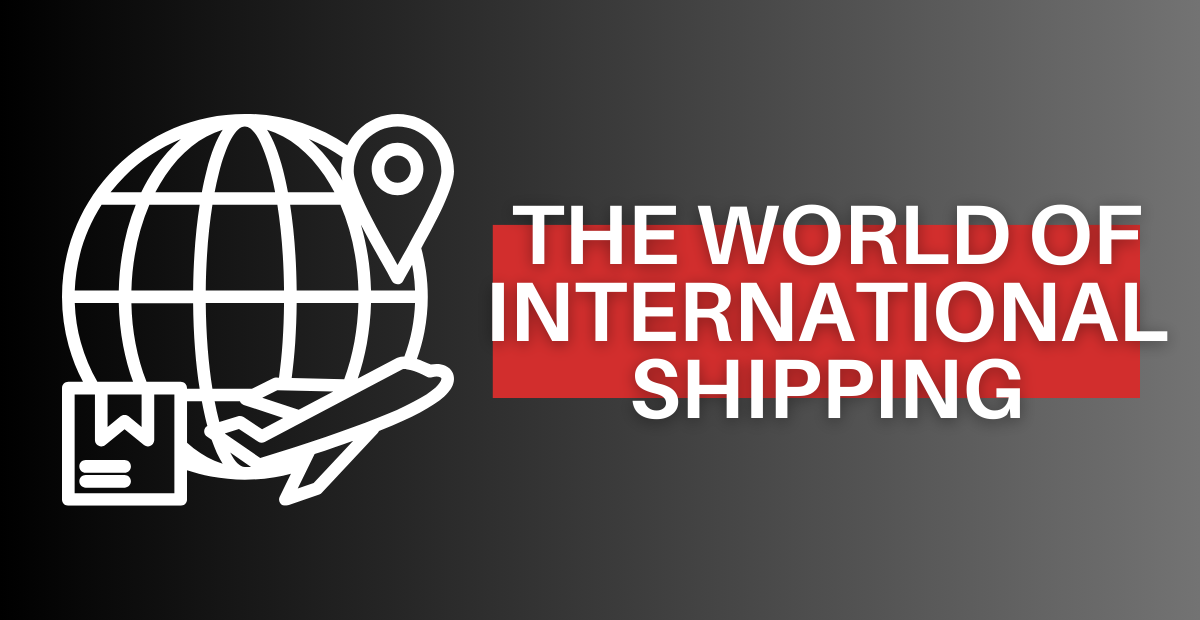
Unlocking the World of International Shipping: A Comprehensive Guide
Worldwide shipping is essential to enabling worldwide trade and business in our linked world. International shipping is a complicated operation that involves many parties and elaborate logistics, whether it is moving items across continents or sending packages to far-off places. We’ll examine the essential elements that enable international shipping as well as its inner workings of a Shipping Company in this blog.
What are the key components of international shipping documentation?
In order to ensure customs compliance and facilitate the transportation of products across borders, international shipping documentation is necessary. Among the important documents are:
- Bill of Lading: A contract between the shipper and the carrier that serves as a receipt for the goods and evidence of the contract of carriage.
- Commercial Invoice: A document that provides details about the goods being shipped, including their description, quantity, value, and terms of sale.
- Packing List: A detailed list of the contents of each package or container, including information such as weight, dimensions, and packaging materials.
- Certificate of Origin: A document that certifies the country of origin of the goods and may be required for customs clearance.
How does customs clearance work in international shipping?
The process of examining and authorising shipments when they enter or exit a nation is known as customs clearance. It include completing the required paperwork, paying any taxes or fees that apply, and following import/export laws. For shipments to meet all legal criteria and to expedite the clearing procedure, shipping companies usually collaborate closely with customs brokers or agents.
What are the modes of transportation in international shipping?
In order to transport commodities over large distances effectively, international shipping uses a variety of transportation methods. Among these modes are:
- Ocean Freight: Shipping goods via cargo ships or containers across oceans and seas.
- Air Freight: Transporting goods by aircraft for faster delivery, especially for time-sensitive or high-value shipments.
- Rail Freight: Utilizing rail networks for transporting goods overland, particularly for shipments within continents or regions.
- Road Freight: Transporting goods by trucks or other road vehicles for local or regional distribution.
Every form of transportation has benefits, and the type of items being transported, cost, and speed can all influence the choice.
How do shipping companies calculate international shipping costs?
The weight and size of the product, the shipping distance, the mode of transportation, fuel prices, customs charges and taxes, and any additional services needed, such insurance or accelerated delivery, all have an impact on the cost of international shipping. Shipping firms usually employ pricing models that take these variables into account in order to precisely determine the cost of shipping.
What is Incoterms, and how does it impact international shipping?
Standardised trade words known as Incoterms (International Commercial words) are employed in international contracts to specify the obligations and rights of buyers and sellers with regard to the delivery of products. Incoterms delineate the accountability for coordinating logistics-related tasks such as transportation, insurance, customs clearance, and other relevant areas. Incoterms reduce misunderstandings and disputes during international shipping transactions by outlining these terms up front.
The process of exporting goods internationally is intricate and varied, requiring meticulous preparation, coordination, and knowledge. Many elements affect the success of international shipping operations, ranging from paperwork and customs clearance to shipping prices and mode of conveyance. Businesses can take advantage of chances for international trade and expansion and traverse the world of international shipping more skillfully by being aware of the essential elements and procedures involved.